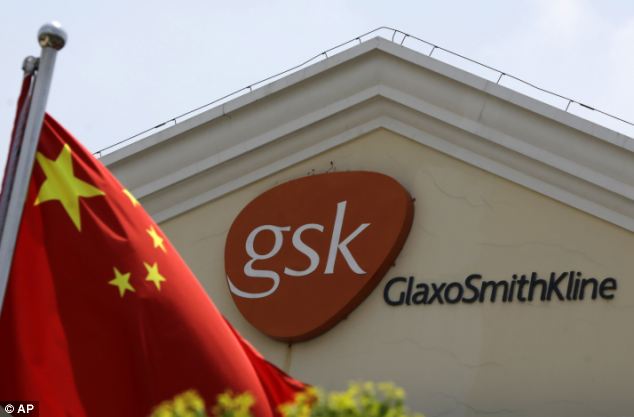This material belongs to: South China Morning Post.
Nicholas Leong says awareness of shifting regulations and due compliance are the safeguards for foreign firms, as they seek to do business in China while avoiding double jeopardy blows like that at GSK.
Last month, a court in Lanzhou city jailed and fined six Nestlé employees, after a years-long investigation into bribery allegations surrounding sales of baby formula. In 2013, Reuters found that Nestlé’s staff regularly bribed hospital staff in China to exclusively supply its milk formula to newborns. That practice ran afoul of a 1995 law that bars health practitioners from promoting formula over breastfeeding. It also contravened global guidelines of the World Health Organisation.
Other Western mainstays in China punished over corruption allegations in recent years include household names IBM, Daimler and Pfizer, as well as Avon and Morgan Stanley. The hefty penalties imposed send a message to the West: Chinese consumers are not to be pushed around, and Western companies run grave risks by resorting to underhand means to compete.
China’s ongoing crackdown on corruption is not confined to the venality of local government officials. Foreign companies have been and still are engaging in corrupt practices in China.
The hardening regulatory environment follows a global drive to root out corporate malfeasance that is normalising double jeopardy rules. Indeed, corrupt practices in China are no longer punished exclusively in China. Given their transnational nature, companies are typically subject to the Foreign Corrupt Practices Act (FCPA), a piece of US federal legislation that criminalises attempts by companies (and executives) that do business in or with the US to use corruption as a tool to influence foreign officials. The act allows for firms connected in any way to the US to be fined and their executives jailed, regardless of whether the companies or executives were physically present on US territory.
Transnational firms are thus required to be aware of the laws of other jurisdictions where they have business interests, to avoid falling afoul of the law in two or more jurisdictions for the same acts. One company punished twice under Chinese and US anti-corruption regimes was GlaxoSmithKline: the London-based pharmaceuticals company paid US$489 million to Chinese and US$20 million to US regulatory authorities over claims it bribed Chinese hospital executives, doctors and government officials. The key difference was that the Chinese found GSK guilty, while the Americans agreed to a deferred prosecution agreement to cease the investigation without GSK admitting guilt. As such, the case highlighted limitations on the act’s ability to deter corruption in China.
To date, US authorities have only undertaken investigations under the act in China when the Chinese have already uncovered corruption. That means any investigation or prosecution is contingent upon the findings of a Chinese investigation. In some cases, the US has not conducted any FCPA investigation despite successful prosecutions on the part of the Chinese, as in the Nestlé case.
Regulatory regimes like the FCPA constitute a recognition of the transnational nature of corruption. Perhaps in recognition of the gaps between worldwide anti-corruption regimes, the International Anti-Corruption Coordination Centre was set up last month, with the participation of law enforcement agencies from the US, the UK, New Zealand, Australia and Singapore. It operates by sharing intelligence on corruption, and investigating and prosecuting those involved. Ironically, it lacks Chinese participation.
For companies, recognising the shifting regulatory environment and following through on compliance obligations is the new price of doing business in China.
Nicholas Leong is a graduate of the University of Manchester and the BPP Law School (London Holborn), and currently a trainee advocate and solicitor in Singapore.



